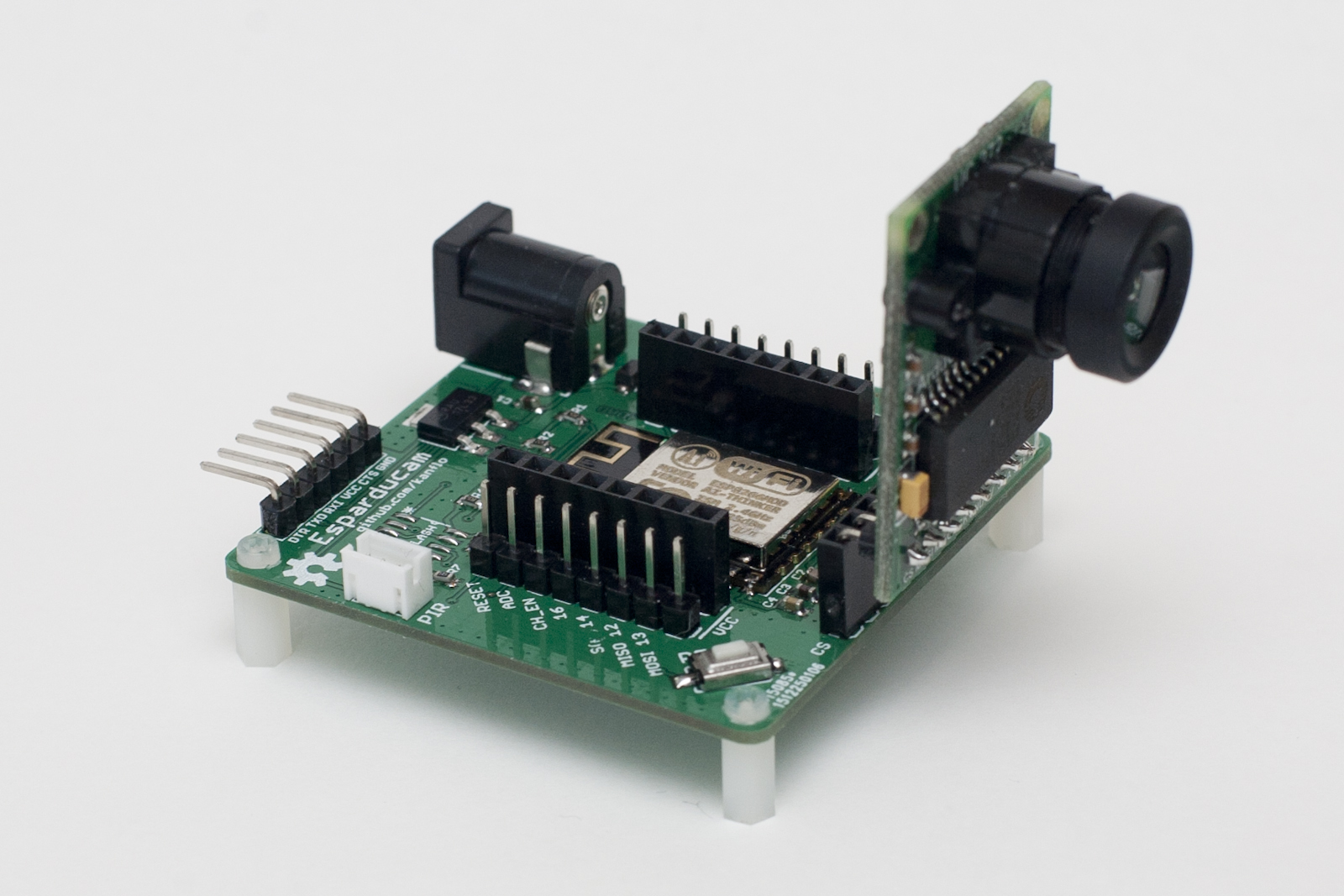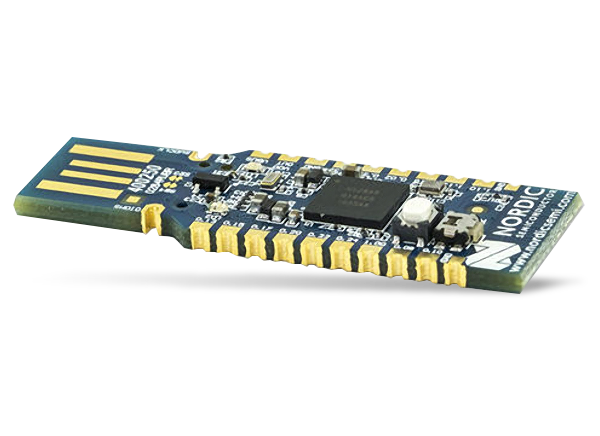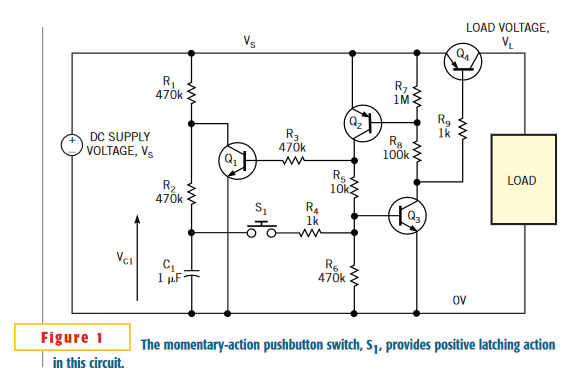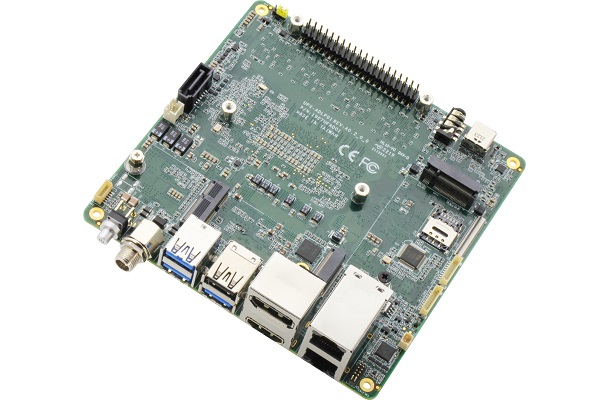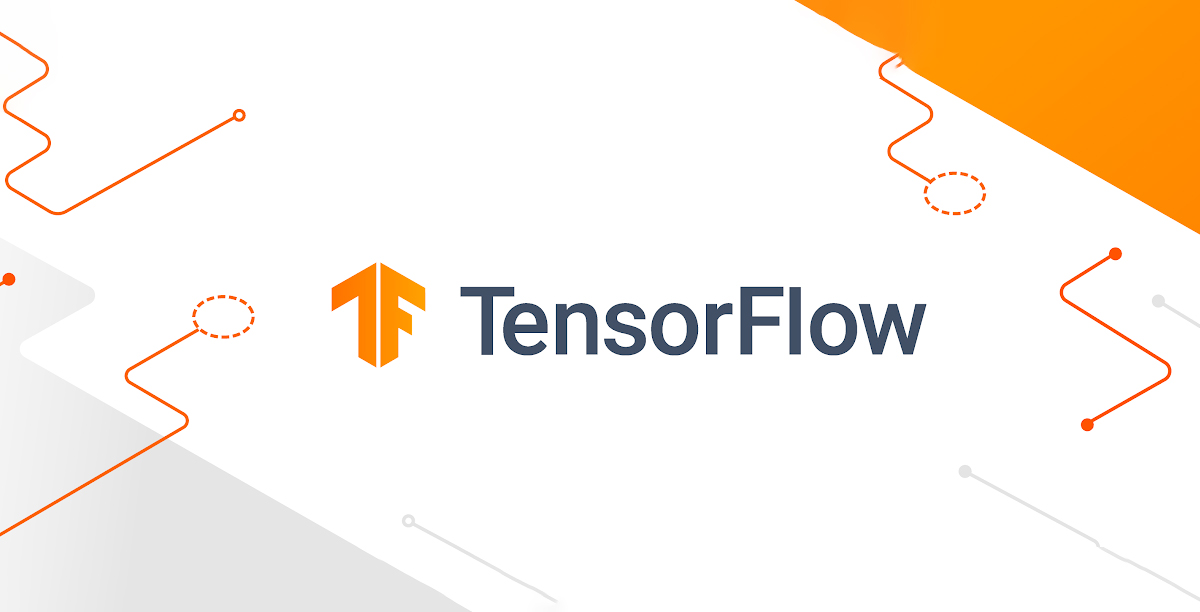
TensorFlow 2.15 Supports CUDA for Accelerated ML on NVIDIA GPUs in Linux
TensorFlow 2.15 simplifies using NVIDIA’s CUDA for AI on Linux with a single pip command and boosts performance with updates like CUDA 12.2 and Clang 17. It enhances machine learning efficiency on Windows and introduces advanced tf.function types for broad device compatibility.
Launched in 2017, TensorFlow is a free and open-source library developed by Google for machine learning and artificial intelligence applications. It supports applications ranging from high-performance computing to on-device machine learning with TensorFlow Lite for Microcontrollers. With all these features, the TensorFlow model is widely used for creating and training models to recognize patterns and make decisions based on data. Now with the new update, it allows Linux users to install NVIDIA CUDA libraries directly via pip with pip install tensorflow[and-cuda], eliminating the need for other CUDA packages if the NVIDIA driver is already installed.
A major update in TensorFlow 2.15 makes it much easier for Linux users to get started: now, you can set up TensorFlow and all necessary NVIDIA libraries to speed up AI tasks with just one command. As long as your computer already has NVIDIA drivers, TensorFlow should work faster and more efficiently.
New TensorFlow 2.15 Features:
- Simpler Installation for NVIDIA CUDA Libraries on Linux:
- Optional pip installation method for NVIDIA CUDA libraries through
pip install tensorflow[and-cuda]. - Only requires an NVIDIA driver on the system, no pre-existing NVIDIA CUDA packages are needed.
- CUDA upgraded to version 12.2.
- Optional pip installation method for NVIDIA CUDA libraries through
- oneDNN CPU Performance Optimizations for Windows:
- Enabled by default on x86 CPUs for Windows x64 & x86 packages.
- Optimizations can be toggled with the
TF_ENABLE_ONEDNN_OPTSenvironment variable.
- Full Availability of tf.function Types:
tf.types.experimental.TraceTypefor Tensor decomposition and type casting in customtf.functioninputs.tf.types.experimental.FunctionTypeas a comprehensive representation oftf.functioncallables’ signatures.tf.types.experimental.AtomicFunctionfor the fastest way to perform TensorFlow computations in Python (gradient support not included).
- Upgrade to Clang 17.0.1 and CUDA 12.2:
- TensorFlow PIP packages are built with Clang 17 and CUDA 12.2 for enhanced performance, especially on NVIDIA Hopper-based GPUs.
- Clang 17 is set as the default C++ compiler for TensorFlow builds.
- Keras Updates:
- Starting with Keras 3.0, release updates for the new multi-backend Keras will be published on keras.io.
Other features for TensorFlow 2.15 include a boost in performance with oneDNN on Windows, updates to CUDA 12.2 for better NVIDIA GPU efficiency, switches to Clang 17 as the standard compiler, and fully introduces tf.function types, including tf.types.experimental.AtomicFunction for faster Python computations.
The latest version of TensorFlow is accessible on GitHub, released under the flexible Apache 2.0 license.






